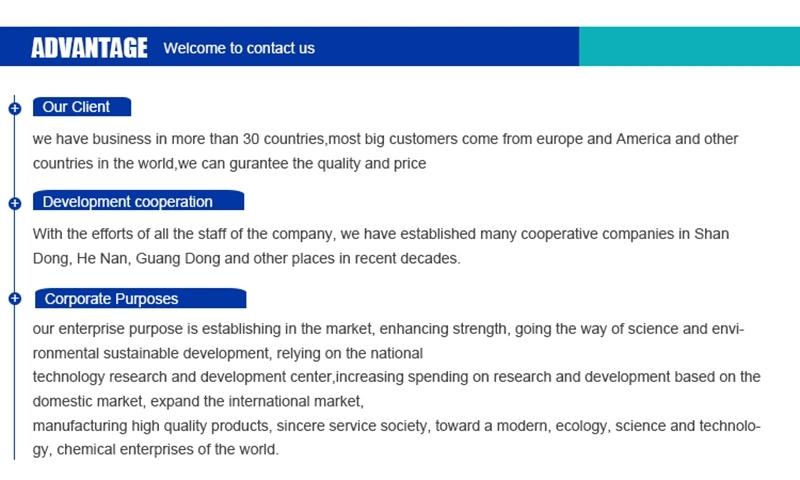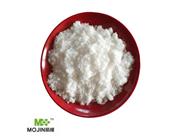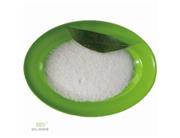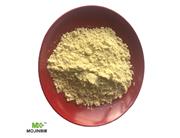| Description | Axitinib is a VEGFR inhibitor (IC50s = 1.2, 0.25, and 0.29 nM for VEGFR1, -2, and -3, respectively). It also inhibits c-Kit and PDGFRβ (IC50s = 1.7 and 1.6 nM, respectively). It inhibits VEGF-induced migration of and tube formation by human umbilical vein endothelial cells (HUVECs). Axitinib (1-100 mg/kg) reduces microvessel density, a marker of angiogenesis, and tumor growth in MV522 colon carcinoma, A375 melanoma, SN12C-GFP renal carcinoma, and U87 glioma mouse xenograft models in a dose-dependent manner. Formulations containing axitinib have been used in the treatment of renal cell carcinoma. |
| Description | In January 2012, the US FDA approved axitinib (also referred to as AG-013736) for the treatment of advanced renal cell carcinoma (RCC) for patients who have not responded to prior therapy. Axitinib is a pan VEGF inhibitor and functions by binding to the intracellular tyrosine kinase catalytic domain of VEGF leading to blockade of signaling through this angiogenic pathway. Axitinib is�50–400 times more potent for VEGF (enzyme Ki and cellular IC50s for VEGF 1, 2, and 3 are ~0.1 nM) than first-generation inhibitors like sorafenib and sunitinib. Axitinib also inhibits c-Kit and PDGFR(α/β) with enzyme Ki's of ~2 nM and was selective when tested against a broad panel of other protein kinases. Axitinib was discovered by a structure-based drug design approach and binds to the kinase domain of VEGF in a DFG-out conformation. Axitinib blocks VEGF-2 phosphorylation up to 7 h postdose in vivo and inhibits endothelial cell proliferation in xenograft tumors implanted in mice. Synthetic routes to axitinib employing a Migita coupling to form the diaryl sulfide and a Heck reaction to install the 2-styrylpyridine moiety have been reported. |
| Chemical Properties | Off-White Solid |
| Originator | Pfizer (United States) |
| Uses | A tyrosine kinase inhibitor; used in cancer therapy. |
| Uses | Axitinib (AG-013736) is a multi-target inhibitor of VEGFR1, VEGFR2, VEGFR3, PDGFRβ and c-Kit with IC50 of 0.1 nM, 0.2 nM, 0.1-0.3 nM, 1.6 nM and 1.7 nM, respectively. |
| Uses | Axitinib is a multi-target inhibitor of VEGFR1, VEGFR2, VEGFR3, PDGFRβ and c-Kit with IC50 of 0.1 nM, 0.2 nM, 0.1-0.3 nM, 1.6 nM and 1.7 nM, respectively. |
| Uses | Axitinib is a tyrosine kinase inhibitor. Axitinib is used in cancer therapy. |
| Definition | ChEBI: An indazole substituted at position 3 by a 2-(pyridin-2-yl)vinyl group and at position 6 by a 2-(N-methylaminocarboxy)phenylsulfanyl group. Used for the treatment of advanced renal cell carcinoma after failure of a first line systemic tr atment. |
| Brand name | Inlyta |
| Biochem/physiol Actions | Axitinib (AG-013736) is an orally available, potent (picomolar) and selective tyrosine kinase inhibitor that blocks VEGF receptors 1, 2 and 3. The drug blocks VEGF-mediated endothelial cell survival, tube formation, and downstream signaling through endothelial nitric oxide synthase, Akt and extracellular signal-regulated kinase. |
| Clinical Use | Sold under the brand name Inlyta® by Pfizer, Inc., axitinib was approved by the FDA in January 2012 for the treatment of advanced renal cell carcinoma (RCC), specifically after the failure of other systemic treatments. Axitinib slows cancer cell proliferation by inhibition of the vascular endothelial growth factor (VEGF)/VEGF receptor tyrosine (RTK) signaling pathway. In particular, axitinib is a potent inhibitor of VEGF/RTK 1-3, which selectively slows angiogenesis, vascular permeability, and blood flow in solid tumors. |

 Japan
Japan
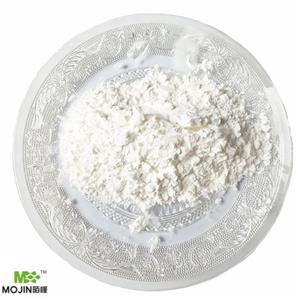
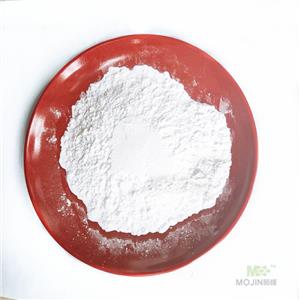
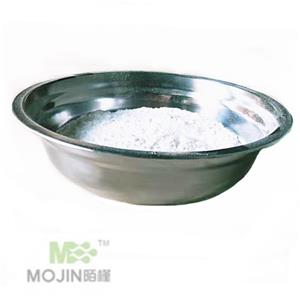
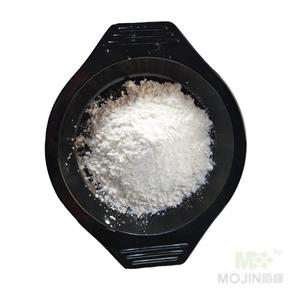
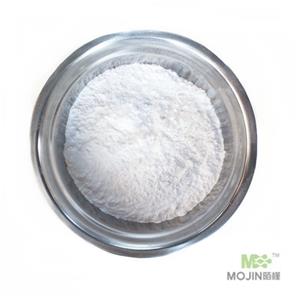
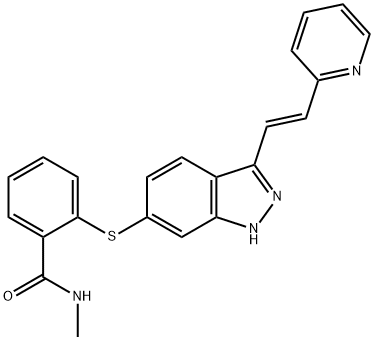
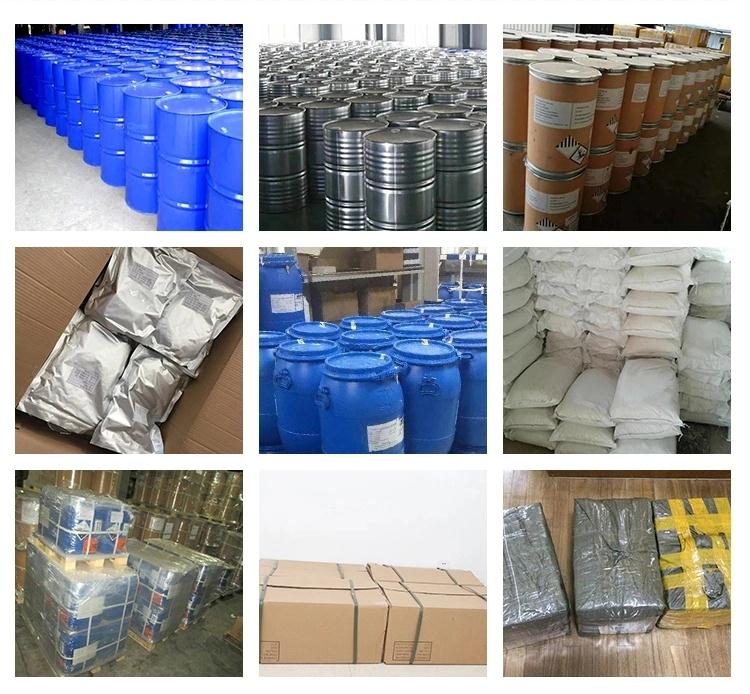
 Company information
Company information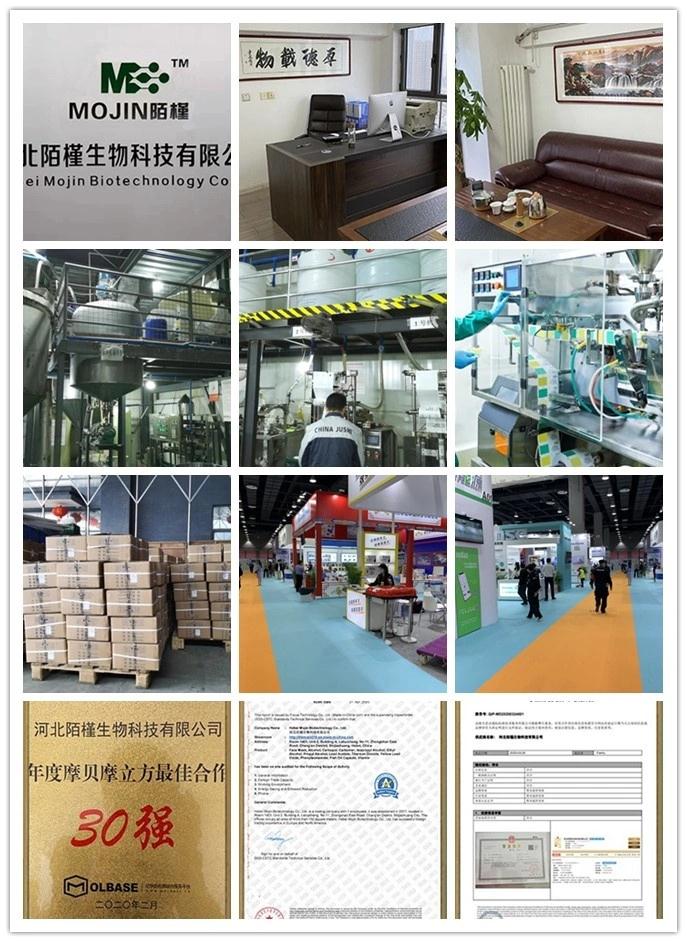 Advantage
Advantage